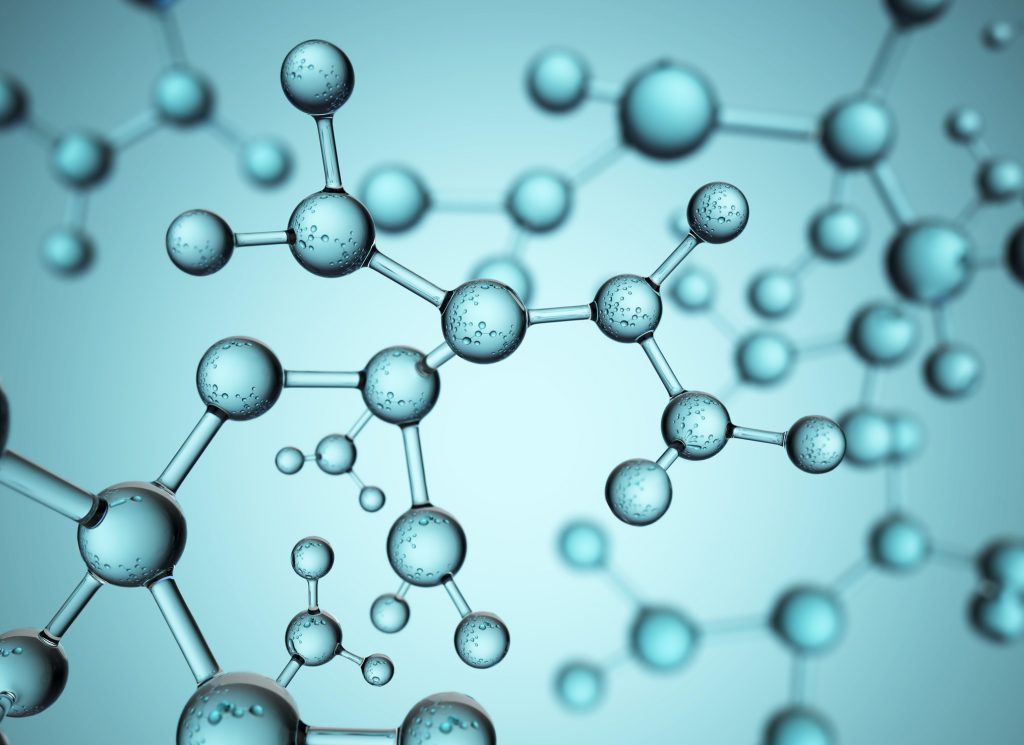Toxicity and toxins are two terms that are often used interchangeably, but they have distinct meanings. Toxicity refers to the degree to which a substance can harm living organisms, while toxins are specific substances that can cause harm. In this article, we will explore the difference between toxicity and toxins and their implications in various industries.
Toxicity
Toxicity is a measure of how harmful a substance is to living organisms. It can be affected by various factors, such as the dose, duration of exposure, and the route of exposure. For example, a substance that is harmless in small doses may become toxic when consumed in large amounts. Similarly, a substance that is safe when ingested may be toxic when inhaled or absorbed through the skin.
Toxicity is a critical consideration in many industries, including pharmaceuticals, cosmetics, and food production. In the pharmaceutical industry, toxicity testing is an essential step in drug development to ensure that the drug is safe for human use. In the cosmetics industry, toxicity testing is necessary to ensure that the products are safe for use on the skin. In the food industry, toxicity testing is crucial to ensure that food additives and preservatives are safe for consumption.
Toxins
Toxins are specific substances that can cause harm to living organisms. They can be produced by plants, animals, bacteria, and fungi. Toxins can be classified into several categories, such as neurotoxins, cytotoxins, and hemotoxins, depending on their mode of action.
Toxins can have severe health implications, such as paralysis, organ damage, and even death. For example, the botulinum toxin produced by the bacterium Clostridium botulinum can cause botulism, a severe and potentially fatal illness. Similarly, the mycotoxins produced by fungi can cause liver damage and cancer.
Toxins are a significant concern in many industries, such as agriculture, food production, and healthcare. In the agriculture industry, toxins produced by plants and fungi can contaminate crops, leading to health risks for humans and animals. In the food production industry, toxins can be produced by bacteria and other microorganisms, leading to foodborne illnesses. In the healthcare industry, toxins can be used as therapeutic agents, such as in chemotherapy.
Conclusion
In conclusion, toxicity and toxins are two distinct but related concepts that are essential in various industries. Toxicity refers to the degree to which a substance can harm living organisms, while toxins are specific substances that can cause harm. Understanding the difference between toxicity and toxins is crucial in ensuring the safety of products and processes in various industries. By considering the potential toxicity and presence of toxins, we can develop safer and more effective products and processes that benefit both humans and the environment.

